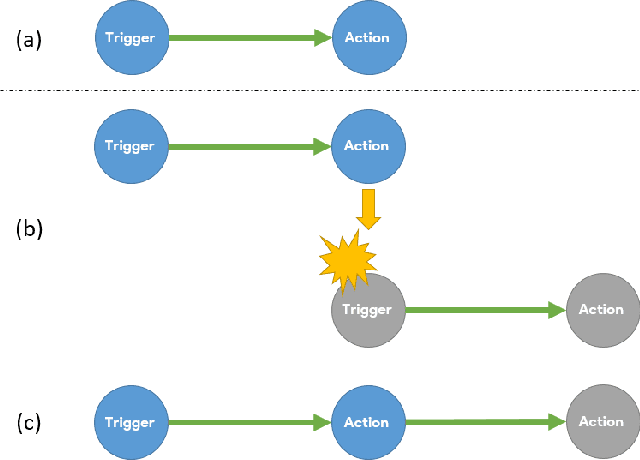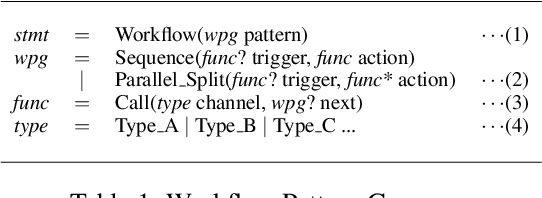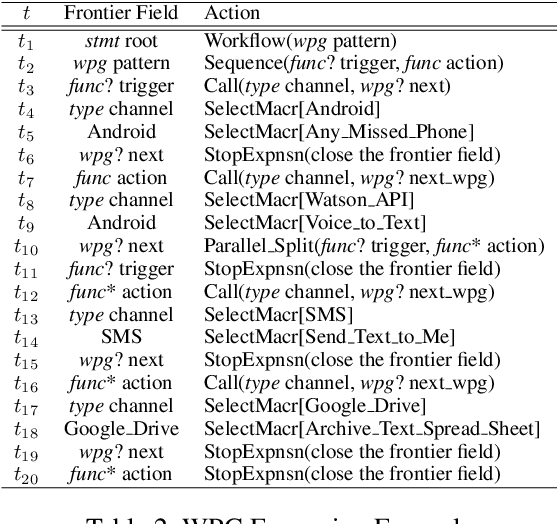Yuya Suzuki
Approximation of differential entropy in Bayesian optimal experimental design
Oct 01, 2025Abstract:Bayesian optimal experimental design provides a principled framework for selecting experimental settings that maximize obtained information. In this work, we focus on estimating the expected information gain in the setting where the differential entropy of the likelihood is either independent of the design or can be evaluated explicitly. This reduces the problem to maximum entropy estimation, alleviating several challenges inherent in expected information gain computation. Our study is motivated by large-scale inference problems, such as inverse problems, where the computational cost is dominated by expensive likelihood evaluations. We propose a computational approach in which the evidence density is approximated by a Monte Carlo or quasi-Monte Carlo surrogate, while the differential entropy is evaluated using standard methods without additional likelihood evaluations. We prove that this strategy achieves convergence rates that are comparable to, or better than, state-of-the-art methods for full expected information gain estimation, particularly when the cost of entropy evaluation is negligible. Moreover, our approach relies only on mild smoothness of the forward map and avoids stronger technical assumptions required in earlier work. We also present numerical experiments, which confirm our theoretical findings.
From Natural Language Instructions to Complex Processes: Issues in Chaining Trigger Action Rules
Jan 08, 2020



Abstract:Automation services for complex business processes usually require a high level of information technology literacy. There is a strong demand for a smartly assisted process automation (IPA: intelligent process automation) service that enables even general users to easily use advanced automation. A natural language interface for such automation is expected as an elemental technology for the IPA realization. The workflow targeted by IPA is generally composed of a combination of multiple tasks. However, semantic parsing, one of the natural language processing methods, for such complex workflows has not yet been fully studied. The reasons are that (1) the formal expression and grammar of the workflow required for semantic analysis have not been sufficiently examined and (2) the dataset of the workflow formal expression with its corresponding natural language description required for learning workflow semantics did not exist. This paper defines a new grammar for complex workflows with chaining machine-executable meaning representations for semantic parsing. The representations are at a high abstraction level. Additionally, an approach to creating datasets is proposed based on this grammar.
 Add to Chrome
Add to Chrome Add to Firefox
Add to Firefox Add to Edge
Add to Edge